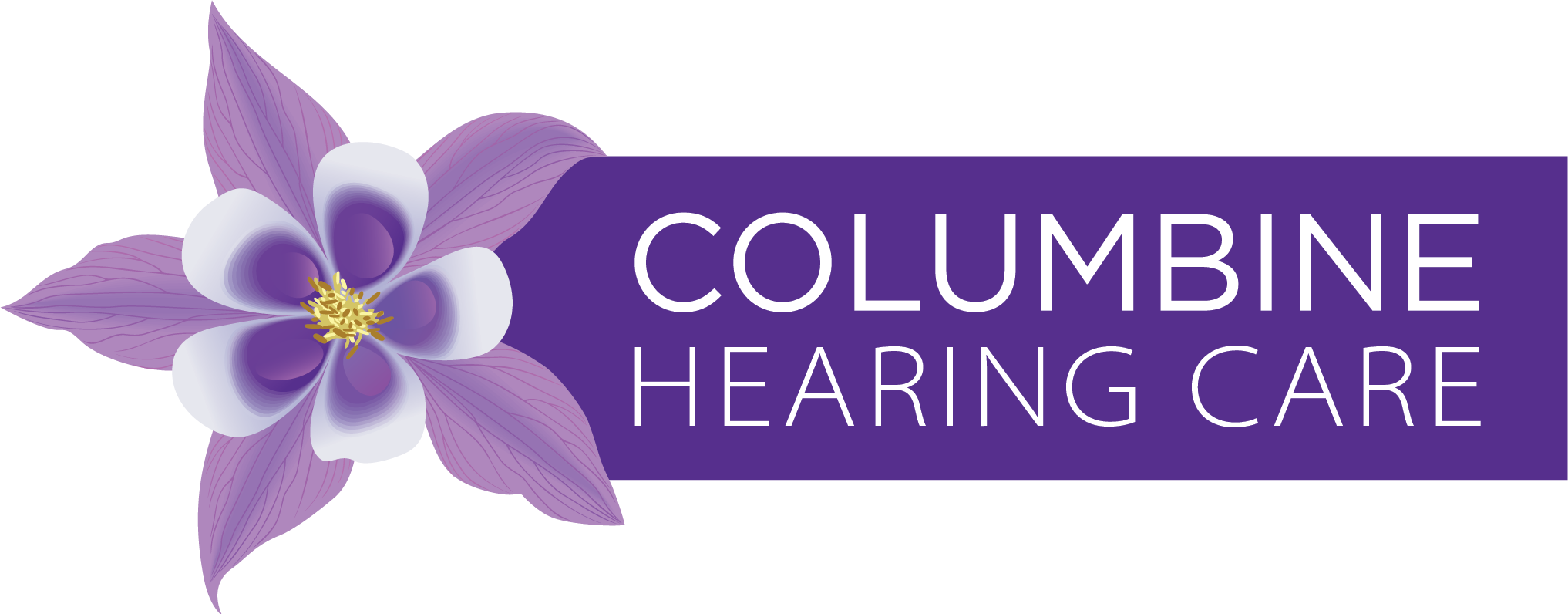Ear wax, or cerumen, might seem annoying, but it’s actually important. This sticky stuff helps keep dirt and germs out of our ears, protecting them.
Sometimes, though, we make too much ear wax, which can feel uncomfortable. So why does this happen?
Things like your genes, how old you are, and even stress can affect how much wax your ears make. By learning more about why our ears produce wax, we can better understand how our body keeps itself clean and healthy.
Understanding Ear Wax
Ear wax is a natural substance made by glands in the ear canal. It plays an important role by trapping dirt and germs, helping keep your ears clean and safe.
Your ears have a system that pushes out extra ear wax naturally. This happens when you move your jaw, like when you chew or talk, helping keep the right amount of wax in your ears.
Ear wax also keeps the ears moist and maintains the right balance to prevent infections. But cleaning your ears too much or certain health conditions can cause too much ear wax to build up. This can lead to discomfort or even hearing issues.
Knowing how ear wax works helps us see why it’s so important for healthy ears.
Factors Influencing Earwax Production
The amount of ear wax people make can be very different from person to person. Several factors can influence how much ear wax is produced.
One of the main factors is genetics. Some people are born with genes that make them produce more ear wax than others. Age also plays a part. As people get older, the glands in their ears may dry out and make less wax, which can cause it to build up.
Certain medical conditions, like eczema or wearing hearing aids a lot, can also cause the ears to make more wax than usual. Environmental factors, like high humidity or having narrow ear canals, can lead to wax buildup as well.
Even though ear wax is important for ear health, too much can cause discomfort or problems with hearing. Knowing what affects ear wax production helps us understand that each person’s ear health is different and shows why ear care should be tailored to individual needs.
The Importance of Earwax Removal
When ear wax builds up and gets stuck, removing it is important to avoid discomfort and other problems. Impacted ear wax can cause hearing loss, earaches, or even ringing in the ears (tinnitus), which can make daily life harder.
Audiologists and healthcare professionals are trained to safely remove ear wax using methods like water irrigation or manual tools. It’s best to let them handle it to avoid the risks of trying to remove wax at home.
Regular check-ups and cleaning when needed are key to keeping your ears healthy and preventing problems from too much ear wax.
Safe Earwax Removal Methods
Safe ear wax removal uses gentle techniques like ear drops that soften the wax or flush it out with water, which is called irrigation. Audiologists can also remove wax by hand if needed.
It’s important never to use cotton swabs or put anything into your ear canal. This can push the wax deeper or even cause injury.
To be safe, it’s best to ask a professional for help. Experts use these safe methods to take care of your ears without causing problems or complications.
Earwax Management
To keep your ears healthy, clean only the outer part of the ear with a soft washcloth. Avoid trying to remove too much ear wax because some wax is good for protecting your ears.
If you have problems with ear wax, it’s best to see a professional. They can safely manage ear wax and make sure your ears stay healthy without causing harm from improper cleaning.
Professional Earwax Removal in Littleton, CO
In our exploration of earwax, we discovered its crucial role in ear health, acting as a natural defender against debris and infections while maintaining the ear’s pH balance. While excess wax can lead to discomfort or hearing issues, its removal requires caution and professional guidance.
Columbine Hearing Care offers expert audiologists who specialize in safe earwax removal in Littleton, CO. Prioritize your ear health—reach out for professional guidance on earwax concerns.
Don’t compromise your hearing health; schedule a consultation today for safe and effective earwax management.

